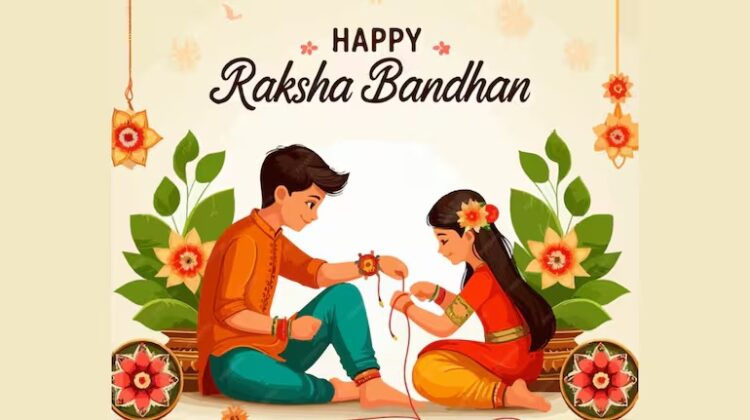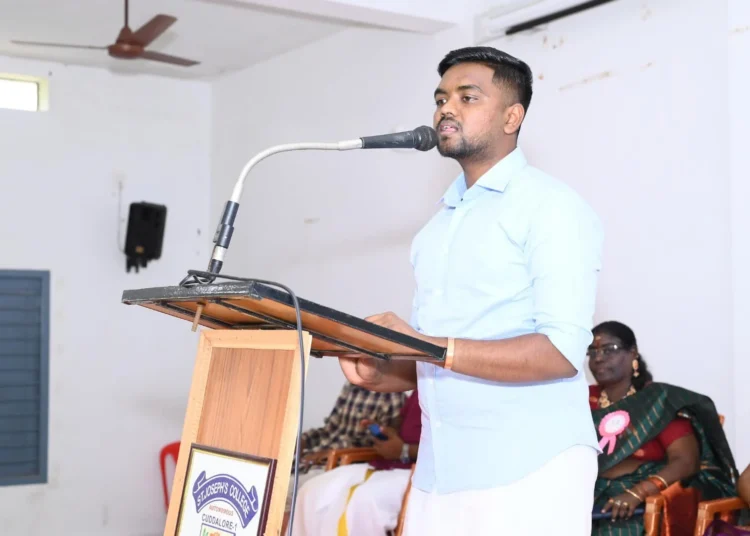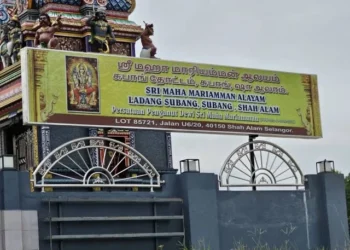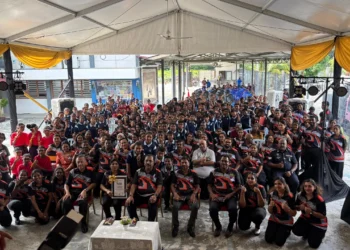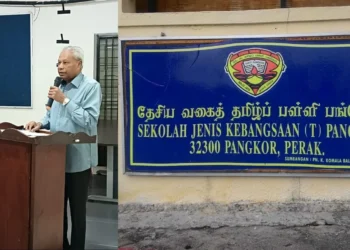Raksha Bandhan, one of the most cherished festivals in Indian culture, is a celebration of the unique bond between brothers and sisters. Rooted in ancient traditions and steeped in emotional significance, this festival transcends the boundaries of time and space, bringing together siblings in a moment of profound connection, love, and mutual respect.
Brothers are like second fathers to their sisters—protective, caring, and always there when they need them most.
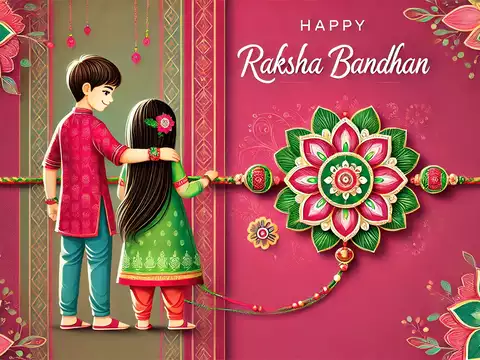
The Ritual of Rakhi
On the day of Raksha Bandhan, sisters tie a sacred thread known as a rakhi around their brothers’ wrists. This thread symbolizes their love and prayers for their brothers’ well-being, while brothers, in return, promise to protect and support their sisters through thick and thin. The ritual is often accompanied by the exchange of gifts, sweets, and a shared meal, further strengthening the familial bond.
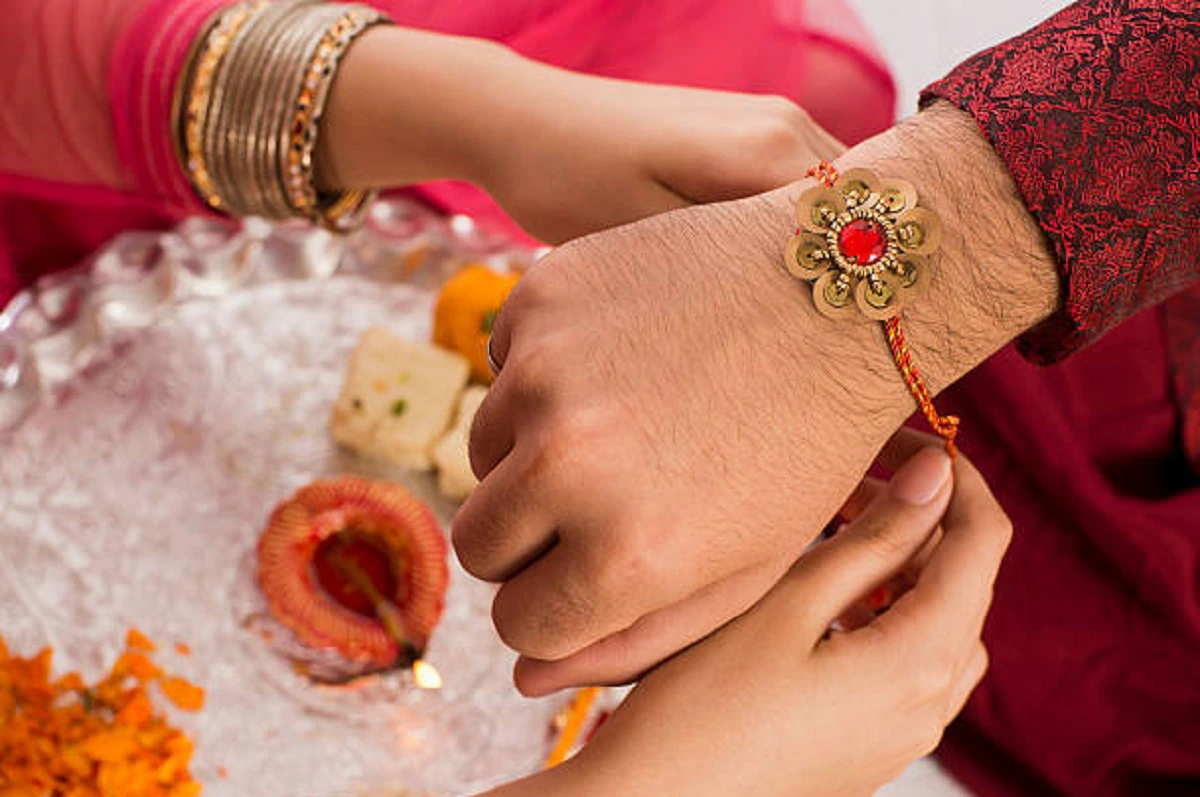
The rakhi itself has evolved over time. Traditionally made of simple cotton thread, today’s rakhis come in various designs, often adorned with beads, stones, and even gold or silver threads. Despite these embellishments, the underlying sentiment remains unchanged—a sister’s prayer for her brother’s safety and happiness.
Modern Interpretations and Broader Significance
While traditionally, Raksha Bandhan celebrates the bond between brothers and sisters, its significance has broadened in modern times. Today, the festival is not confined to blood relations alone. It is also an occasion for celebrating unblood brothers and sisters, friendships, close bonds, and even the broader human values of mutual respect and protection. This shift in interpretation highlights the festival’s adaptability and its relevance in contemporary society.
Raksha Bandhan in the Malaysian Indian Community
For the Malaysian Indian community, Raksha Bandhan holds a special place in the cultural calendar. Though the festival is not as widely celebrated as in India, it is an occasion for families to come together, often leading to heartwarming gatherings and the exchange of rakhis and gifts. In multi-ethnic Malaysia, the festival also serves as a bridge between different communities, fostering unity and understanding through shared celebrations.
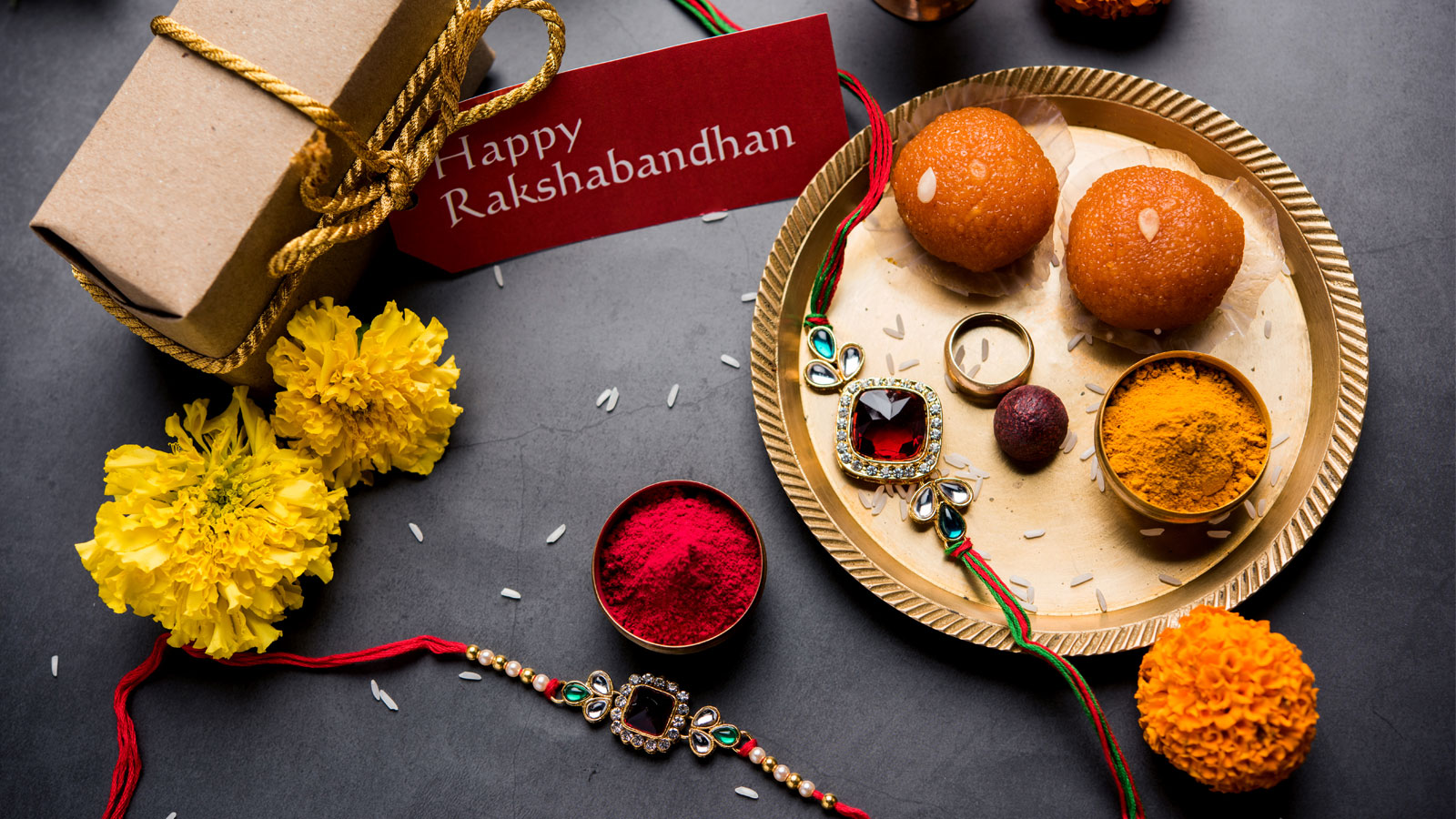
The Emotional Bond
Raksha Bandhan is not just about the rituals; it’s about the emotions that come with them. For many, it’s a time to reminisce about childhood memories, the innocent fights, and the shared joys that have shaped their relationship. As brothers and sisters grow older, move to different cities or countries, and take on new responsibilities, Raksha Bandhan becomes a poignant reminder of their unbreakable bond.
Though brothers and sisters may often hide their feelings, they will never give up on each other. No matter the circumstances, they will always be there for one another. For a sister, her brother is the safest place after her father—a protector and confidant she can always rely on. Every sister holds immense respect for her brother, even if she seldom expresses it, just as every brother carries deep love for his sister, often left unspoken.
Nee enaku saami, inthe bhoomi, ade ellame nee thane
Un sirippu pothum , nee keta en usure thaarene
The festival encourages siblings to reconnect, often bridging the gaps created by time and distance. It’s a time to express gratitude, seek forgiveness, and reinforce the love that may have been taken for granted over the years.

Raksha Bandhan is more than just a festival—it is a celebration of the enduring bond between siblings, a reminder of the importance of love, protection, and unity in our lives. As we tie rakhis on the wrists of our loved ones, we are not only honouring an ancient tradition but also renewing our commitment to those who matter most. Whether celebrated with grand festivities or a simple exchange of rakhis, the essence of Raksha Bandhan lies in the heartfelt connections that make life meaningful.
Source: Wikipedia
Follow us on Instagram, Facebook or Telegram for more updates and breaking news.


